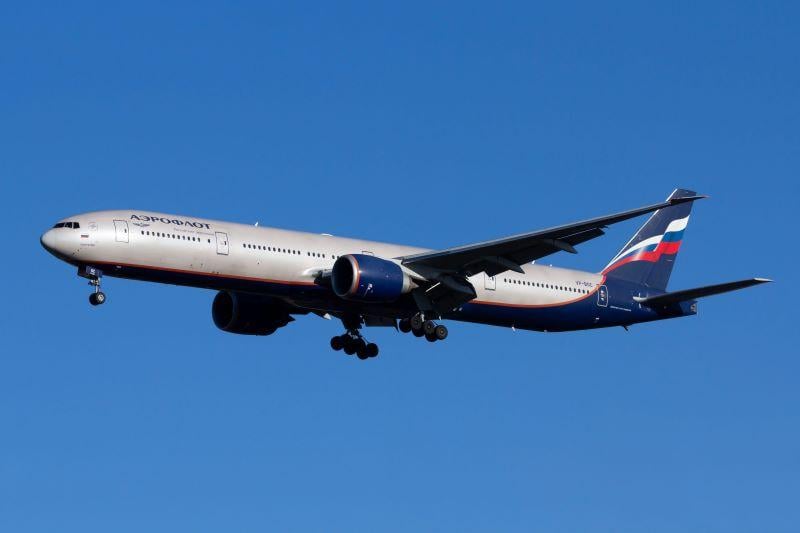
Credit: Mark Stevens / Alamy Stock Photo
Dispatching aircraft with “deactivated” brake functions should only be done out of necessity and prompt careful performance considerations by pilots tasked with flying with inoperative or compromised brake components, the International Federation of Air Line Pilots’ Associations (IFALPA) cautions...
Subscription Required
This content requires a subscription to one of the Aviation Week Intelligence Network (AWIN) bundles.
Schedule a demo today to find out how you can access this content and similar content related to your area of the global aviation industry.
Already an AWIN subscriber? Login
Did you know? Aviation Week has won top honors multiple times in the Jesse H. Neal National Business Journalism Awards, the business-to-business media equivalent of the Pulitzer Prizes.





